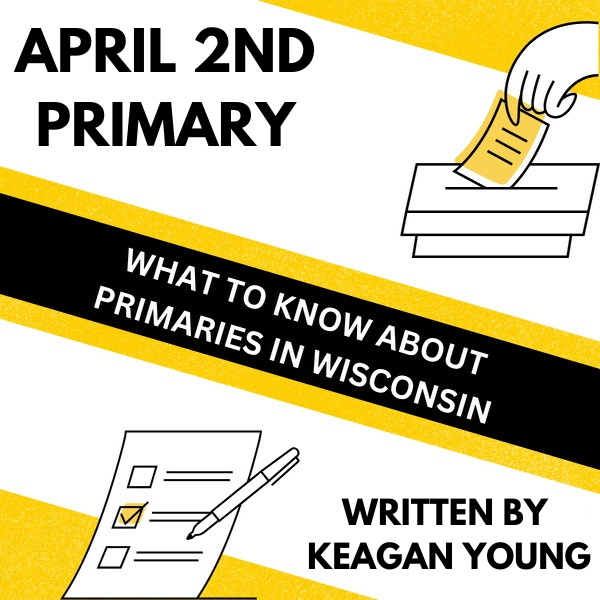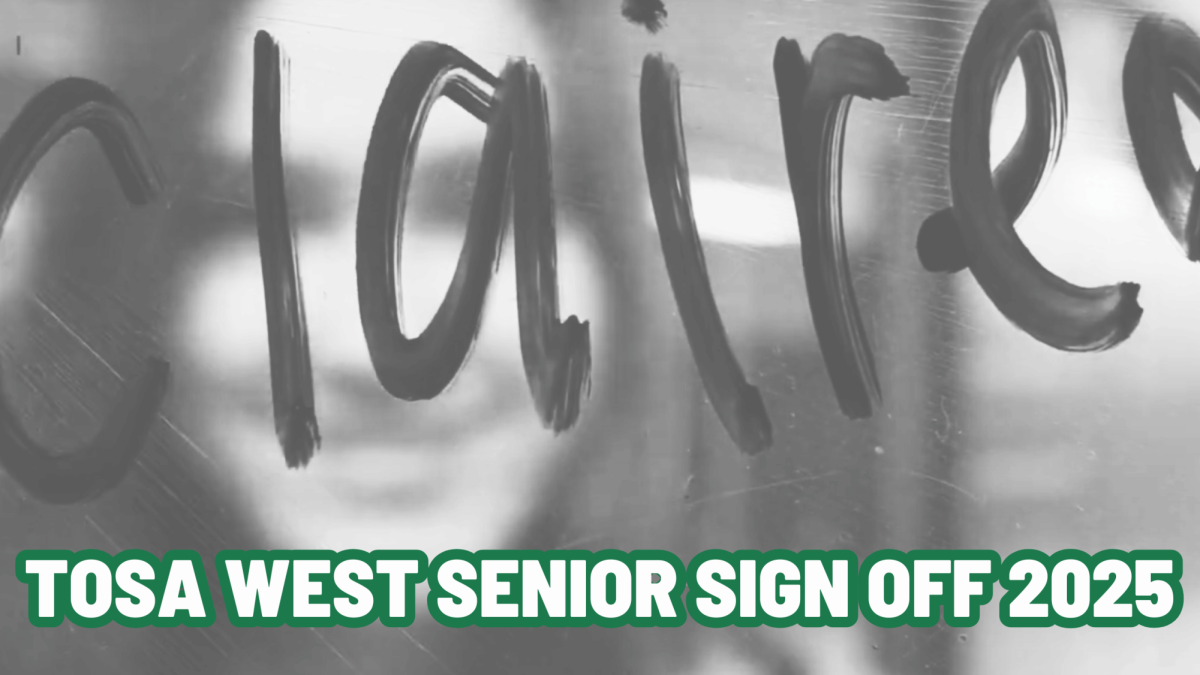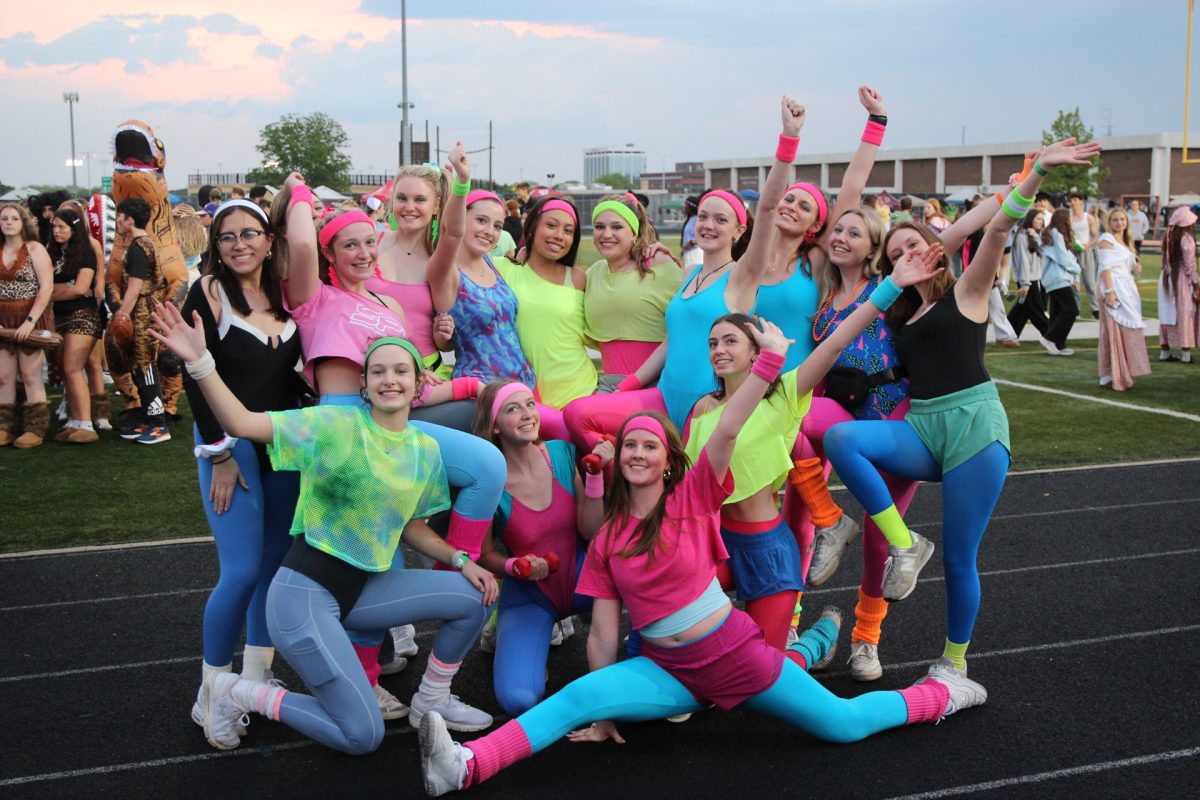
On April 2nd, registered voters in Wisconsin will have the chance to vote in the presidential primary election. The primaries for the Senate and House of Representatives will be held later this year, in August. Wisconsin law mandates that parties conduct open primaries, meaning that one doesn’t have to be affiliated with a party to vote in their primary. Because of this, every student who is over 18, regardless of political leaning, should vote in the primaries, and to allow their voice to be heard. For those who aren’t already registered to vote, they can go to myvote.wi.gov to learn more about the process of registering and voting. Voting is an important civic duty to partake in, and because less people tend to vote in primaries, the individual vote can often have more influence than a vote in the general election.
Every 4 years, on the first Tuesday after the first Monday of November, most United States citizens over the age of 18 are able to vote in the presidential election. But voters aren’t directly voting for their preferred candidate. Instead, they are indirectly voting for electors who will then vote for the candidate who wins the most votes in the state. While the position of being an elector is largely ceremonial, there have been cases, such as the 2016 election, when a few electors voted for someone other than who won the most votes in their state. The process to elect the president during the general election is complex, but it pales in comparison to the process that determines which candidates end up on the presidential ballot.
The presidential candidate for each of the two major political parties is determined through a web of primaries and caucuses. Primaries are the more common system used. In a primary election, voters cast a secret ballot which is then used to distribute delegates to the winner of the secret ballot. In a caucus, members of a party come together to discuss and vote for their preferred candidate. Caucuses are not always closed ballots like primaries are. Rather, they are commonly open ballots, where anyone can see who each person voted for. Primaries are run by the officials of the particular state where the primary is being held, and caucuses are run by the individual parties. Individual parties are free to distribute their delegates any way that they want. This often will lead to delegates being distributed in confusing and often contradictory manners. Sometimes states with lower populations will be given more delegates by a party then a state with a higher population.
This might lead one to wonder: Why is the process of choosing presidential candidates so complicated? The reason for this is that the constitution leaves it up to the states. Each state can decide on its own how it wants to choose its electors and candidates. Because of this there are many different ways that states choose them. In Maine and Nebraska, the winner of the popular vote receives 2 electors and the winner in each congressional district wins the elector from that district. In every other state the elector slate is chosen by whoever wins the most votes. This wasn’t always the case though. In the years following the Revolutionary War, some ways that states chose their electors was through the states’ congress voting on it. In some cases, the governor would choose.
The process for choosing the president has always been a complicated system. Part of this process was intentionally put in place by the founding fathers to allow more freedom for each state. Another part of it is a product of time compounding different laws and codes into a confusing unwindable ball of twine. While this process can be hard to understand, it’s important to educate oneself on the systems that make our country how it is today.









Matt — Apr 3, 2024 at 10:25 am
Excellent explanation of this very important, uniquely American process.
Matt Sheehan
Boston, Massachusetts